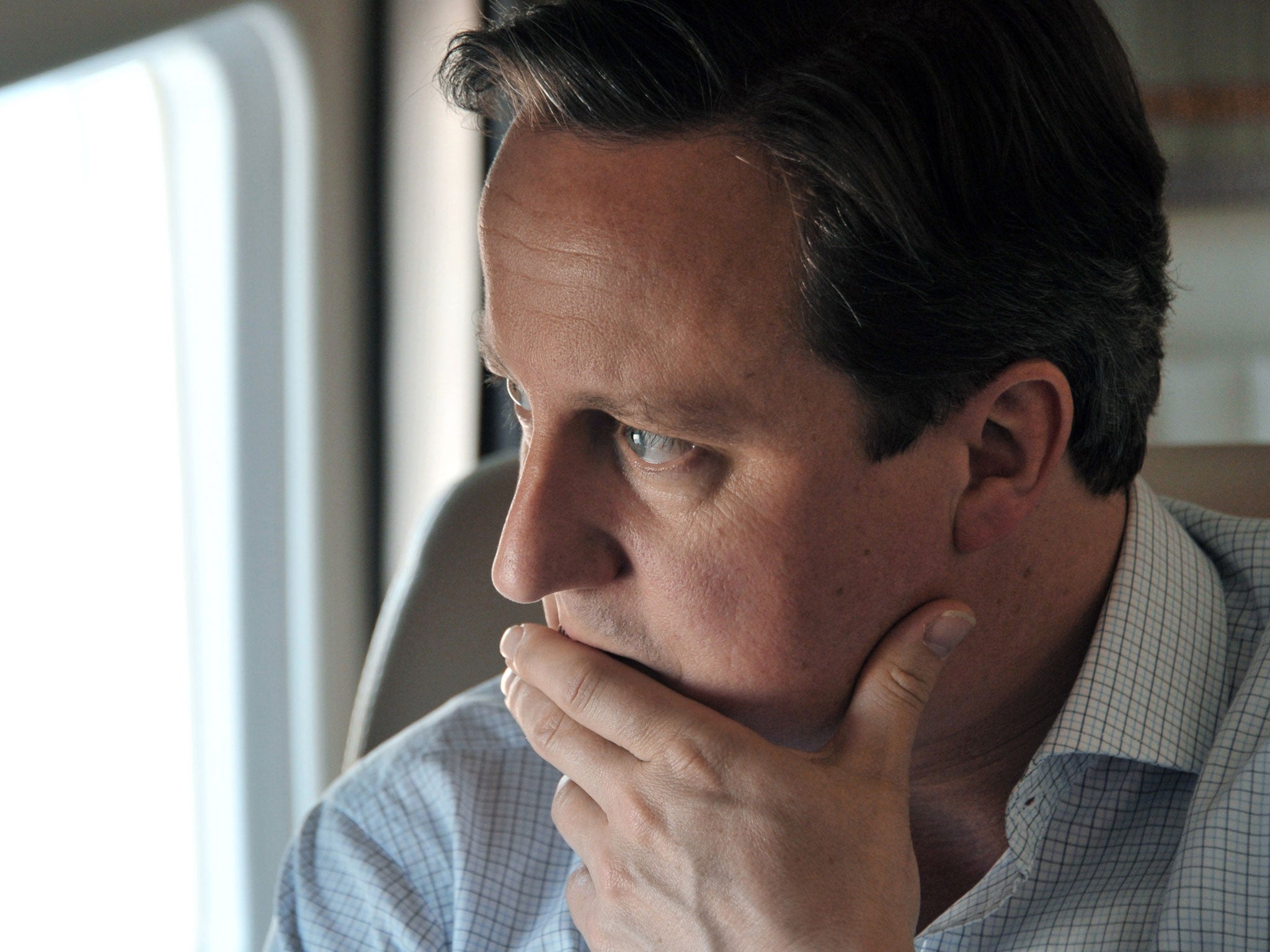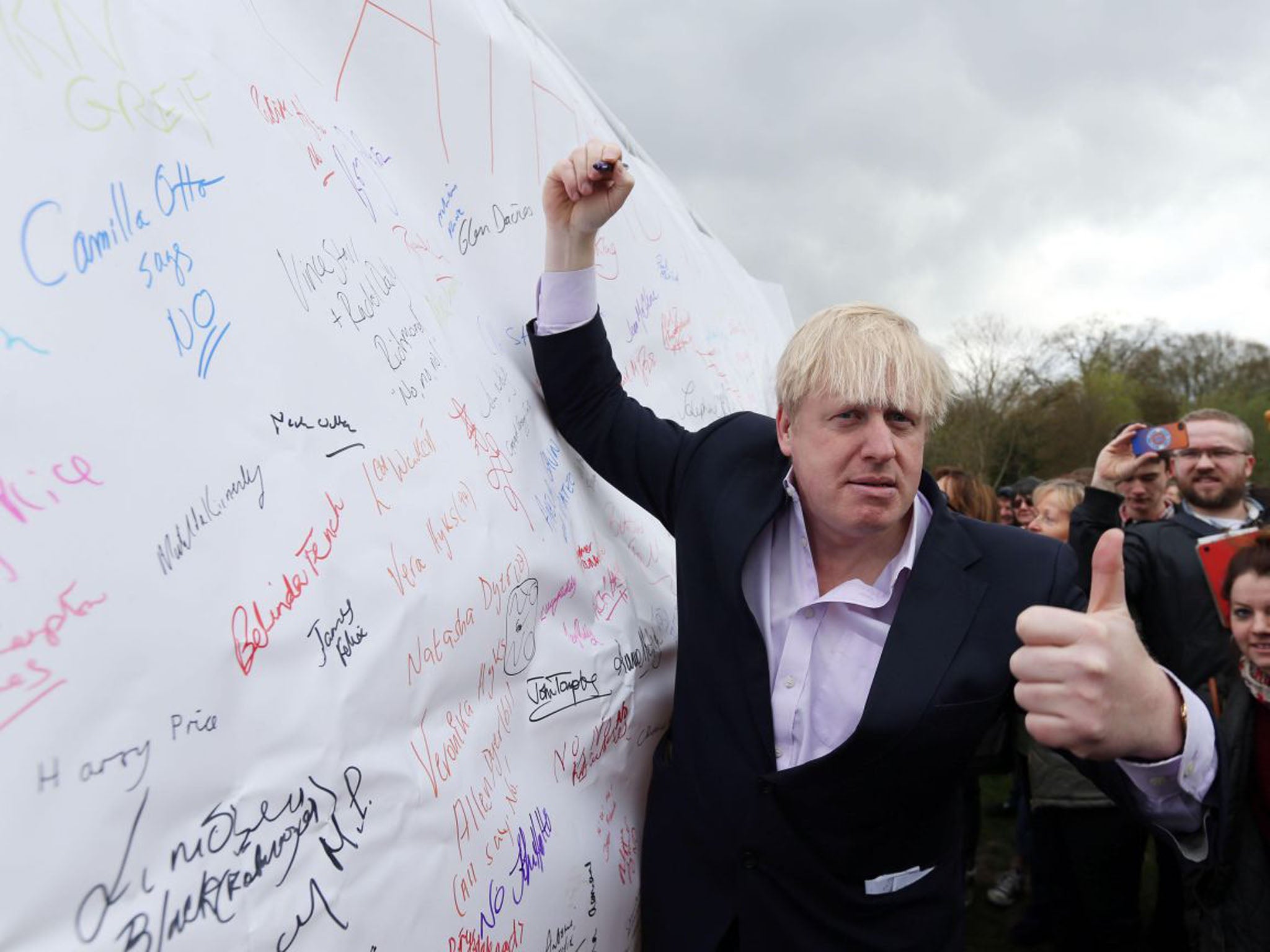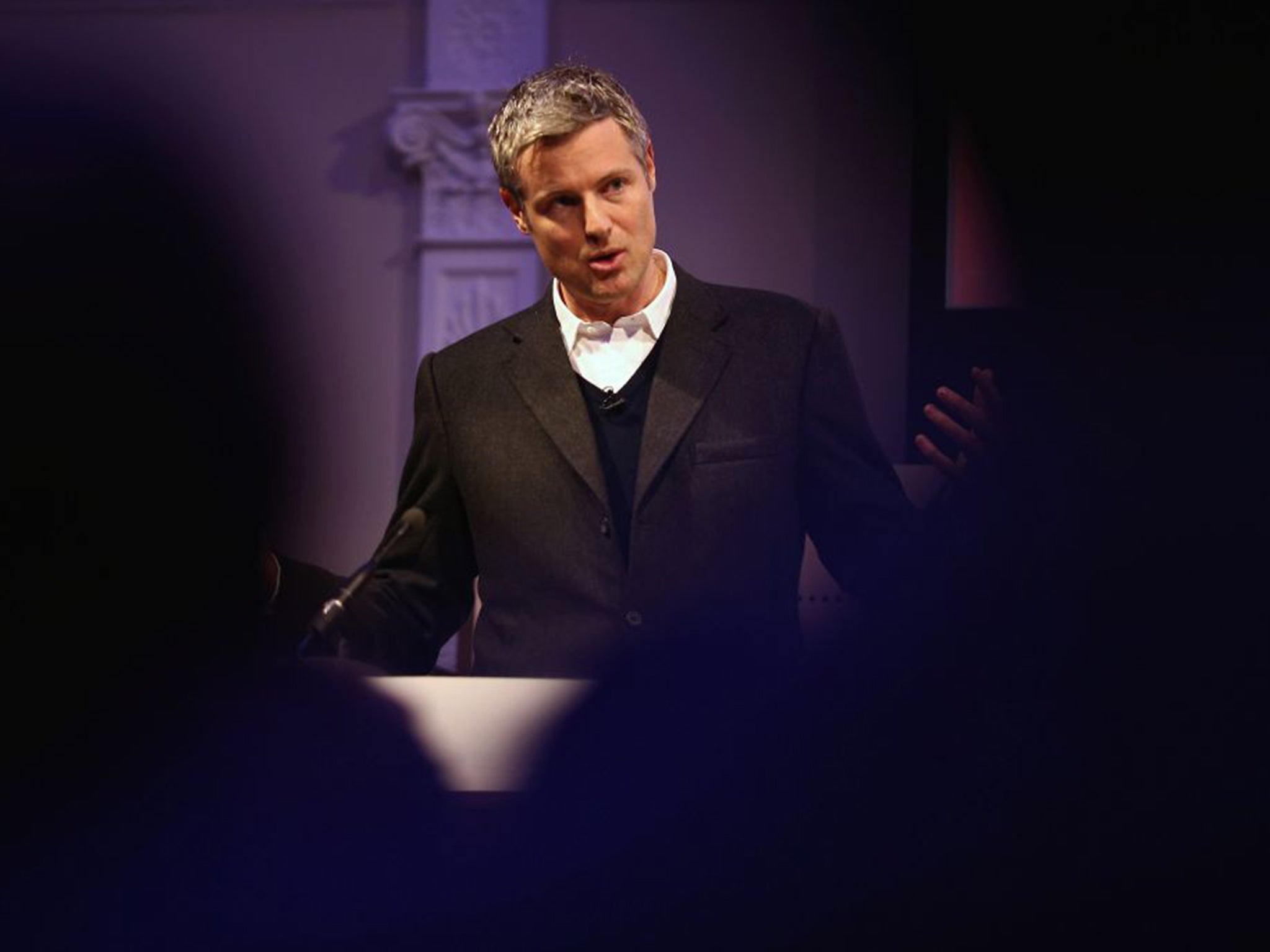5 reasons why the preference for Heathrow airport expansion is a nightmare for David Cameron
Prime Minister made 'no ifs, no buts' pledge against third runway at Heathrow in 2009 and prominent Tory colleagues have made similar promises

In 2012 David Cameron set up the Airports Commission in the hope it would give him political cover for the controversial decision on where to expand the UK's airport capacity.
Both the Conservatives and the Liberal Democrats opposed a third runway at Heathrow in their 2010 election manifestos but with the economic argument strongly favouring the airport in south west London, the convenient thing for them was to hand responsibility over the decision to Sir Howard Davies and his four colleagues on the commission.
The investigation has spent the last three years and £20 million and today recommended what the Prime Minister did not want: a third runway at Heathrow.

But with fierce opposition to the scheme both inside and outside the Government, the door has been left open for a second runway at Gatwick instead.
Why is Heathrow expansion such a nightmare for Mr Cameron?
1. PM's No, ifs, no buts pledge
In 2009 Mr Cameron said: “The third runway at Heathrow is not going ahead, no ifs, no buts.”
The proposals in Sir Howard's report may have changed significantly from those set out at the time of Mr Cameron's pledge, but having witnessed the way voters treated Nick Clegg's broken promise on tuition fees, the Prime Minister will be aware of the damage that can be caused not only to his own reputation but to that of his party if he U-turns on Heathrow.
2. Boris Johnson
One of the biggest obstacles to Heathrow expansion is Boris Johnson, who has pledged to lie down in front of the bulldozers to stop the third runway from being built.
His continued opposition is significant not only because of his role as Mayor of London, but also because he is one of the favourites to be the next leader of the Conservative party.
3. Cabinet members opposed
A raft of influential Cabinet members are fiercely opposed to Heathrow expansion, with their constituencies set to be affected by an expansion.
It is not a case of one or two who Mr Cameron could sacrifice for the 'greater good' of the country - Theresa May, the Home Secretary and Foreign Secretary Philip Hammond are among those opposed and their resignations would be hugely damaging to the unity of the government and the party.
Other Cabinet ministers opposed to Heathrow expansion are Justine Greening, the International Development Secretary, Theresa Villers, the Northern Ireland Secretary and Greg Hands, the chief secretary to the Treasury.
4. Zac Goldsmith
Mr Cameron would also face a significant political headache away from his Cabinet table, with Conservative MP Zac Goldsmith, the prominent and independent-minded environmental campaigner, pledging to resign his Richmond Park seat and trigger a by-election if his party backs a third runway at Heathrow.
To make things even more difficult for the Prime Minister, Mr Goldsmith is his preferred candidate to lead the Conservative effort to hold power of City Hall in next year's elections for London Mayor.

5. Gatwick is much easier politically
There are politicians that oppose Gatwick with the same passion as those who are trying to block the Heathrow option.
But it is a sign of the decisive role individual politicians will play over the future of the UK's airport capacity that Heathrow poses such a stumbling block compared to Gatwick - it is generally accepted that choosing the latter airport would be a much easier decision politically for Mr Cameron because the MPs who oppose Gatwick are less influential and not close allies with the Prime Minister.
They include senior Tory MPs Crispin Blunt and Nicholas Soames, who may be prominent backbench MPs, but do not wield the same influence over Mr Cameron as Cabinet members.
It is precisely this reason why they wrote to Sir Jeremy Heywood, the Cabinet Secretary, asking that ministers with seats affected by Heathrow not take part in discussions about Sir Howard’s recommendations because of their interests in the outcome.
Join our commenting forum
Join thought-provoking conversations, follow other Independent readers and see their replies
Comments
Bookmark popover
Removed from bookmarks